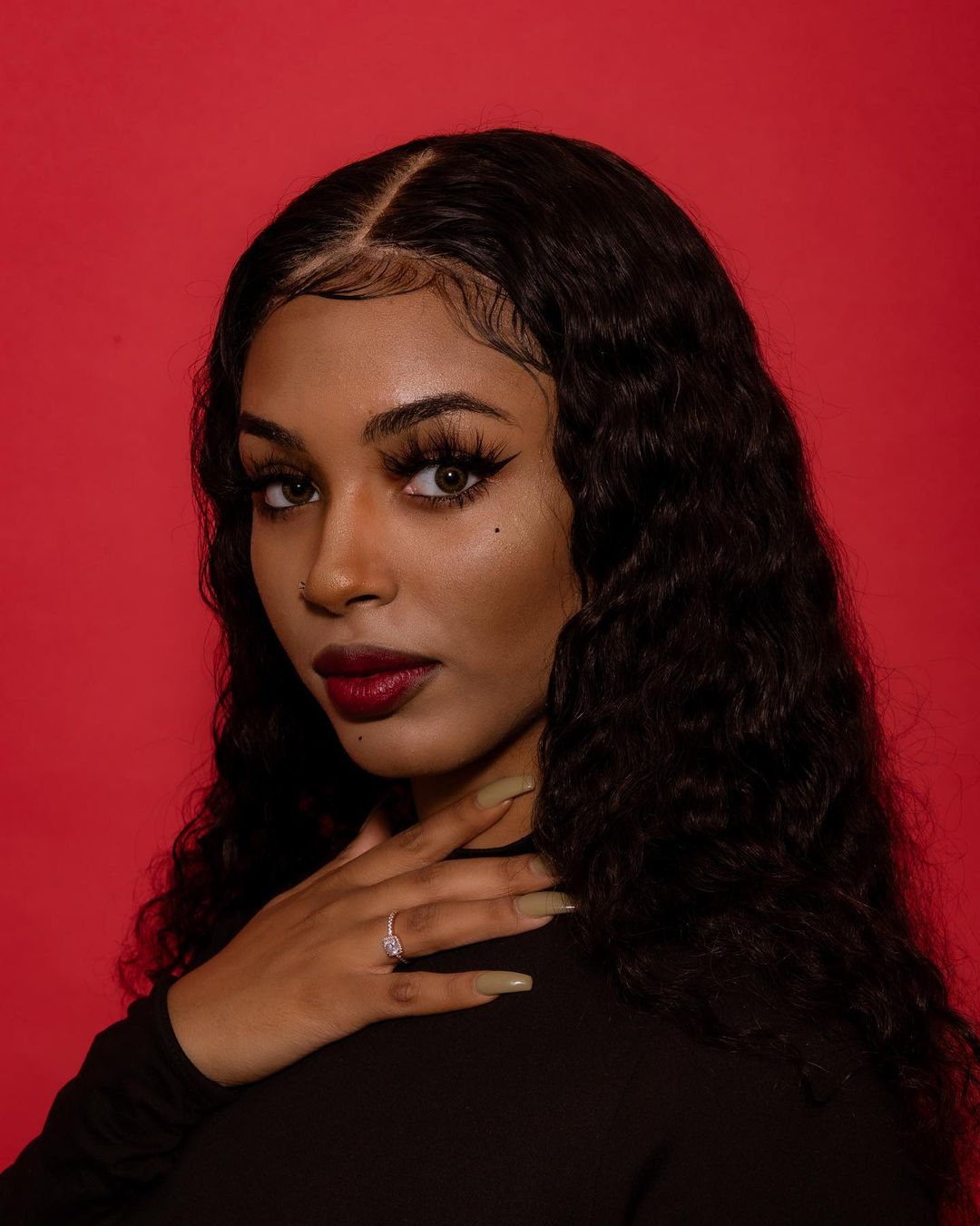Latest News
Interview with model/business woman, Nubian Queen

Tell me something about yourself.
• What are your hobbies or interests outside of modeling? I love doing makeup, going shopping, drawing/painting, writing poetry.
Are you currently working or attending school? I am in school and currently attend Georgia state university.
• What is one professional goal you have for yourself?
My professional goal is to become successful enough in my modeling career and business so that I can give back to the community in which I grew up (south side of chicago) and to also make a positive impact/difference on others especially young black women.
• What made you decide to be a model?
Growing up a lot of people told me that I should model and I’ve always wanted to do it but I thought it could only be a dream for me then I decided to make it a reality.
• How do you handle feedback?
I absolutely love feedback. I feel that feedback can be beneficial and gives you the opportunity to improve on yourself.
• Tell me about a challenge you faced when modeling.
A challenge that Ive faced when modeling is working with the right people. Finding someone who is genuine and that has your best interest at heart can be pretty tough but with the right team by my side I’ve been able to distinguish who’s good for business and who’s not.
• Who is your favorite designer and why?
I don’t really have a favorite designer but if I had to pick I would have to say LV because it’s a classic and you can never go wrong with LV.
• What type of modeling are you hoping to do?
I’m an artist at heart so fashion and runway modeling is what I prefer to do but I’m open to other things such as commercial and promotional modeling because I’m also a business woman.
• What is your favorite photo in your portfolio? Why?
My favorite photo on my portfolio is the shoot I did with the all black outfit and the red background drop. So far I have been the brains behind all of my shoots coming up with creative ideas and turning that into art. When I did this shoot I was going for a black Mona Lisa type of look and when I did the shoot I was happy with what the finishing product was because I felt that it was giving exactly what I wanted.
Harper Harrison is a reporter for The Hear UP. Harper got an internship at the NPR and worked as a reporter and producer. harper has also worked as a reporter for the Medium. Harper covers health and science for The Hear UP.










